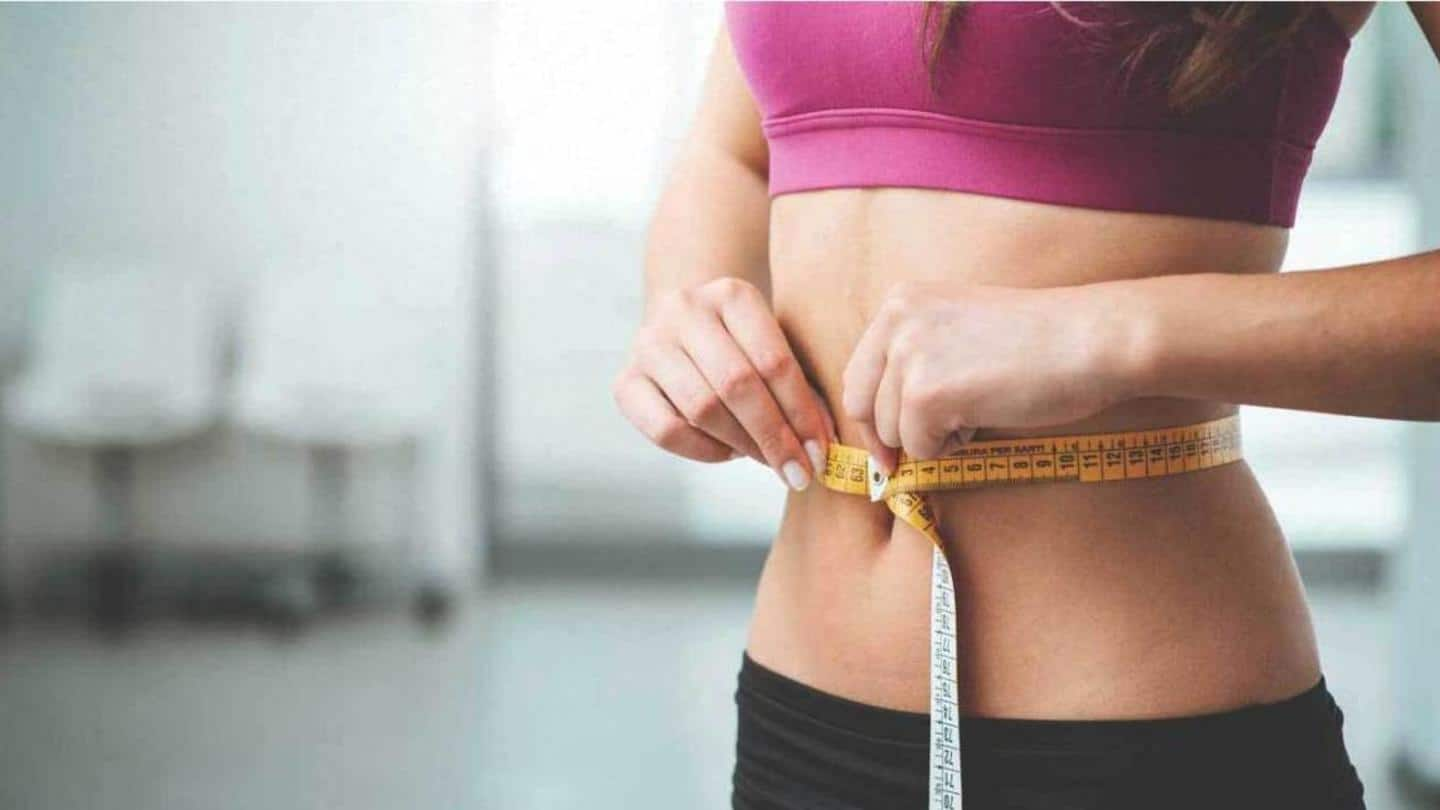
Snacking habits that can hinder your weight loss process
What's the story
When you work continuously toward weight loss, snacks become crucial for keeping you fueled up for the day, and till the next workout. That is why snacking with healthy snacks like fruits, hummus, and peanut butter is smart. Unfortunately, it is easy to go overboard on this, even with healthy snacks. Here are the snacking mistakes you should avoid while working toward losing weight.
#1
Over-grazing: Snacking more than necessary
When we eat small snacks throughout the day, it is known as grazing. However, if you overdo it, the few hundred calories you are munching at each snack time can quickly add up and lead to weight gain over time. So, schedule your snacks and small meals for each day. This way you can have control over what and how much you eat.
#2
Do remember low-fat products are not low on calories
Low-fat snacks are considered important for losing weight. But remember, low-fat is not low on calories. If you pile your plate with low-fat cake, you may end up eating more calories than if you had a smaller slice of regular cake. Make sure to check the nutritional label of these products. Also, don't skip fat altogether. Healthy fats are important for survival.
#3
Don't consume more calories than you burn
While your body needs fuel to exercise and to keep your energy high after workout, don't consume more calories than you burn. When it has been a few hours since you last ate, consume some easily digestible carbs or juice, prior to your workout session. Post-workout, eat a small snack that contains protein and carbs, like Greek yogurt with fruits, for muscle recovery.
#4
The more you skip, the more hungry you get
People often turn to crash diets, or skipping meals and snacks, to lose weight faster. However, the more you skip, the more hungry you get, which will lead to overeating. With crash diets, slashing daily calories might lead to sudden weight loss, but this will slow down your metabolism. Hence, it is not advisable.
#5
Avoiding fiber in your snacks
Choose snacks high in fiber that also contain protein or healthy fat, as they help you stay full for longer without adding many calories to your diet. Fiber causes increase in the levels of cholecystokinin, a protein that leads to feelings of satiety. A small apple or pear, even a quarter of an avocado, can fulfill your daily fiber needs.